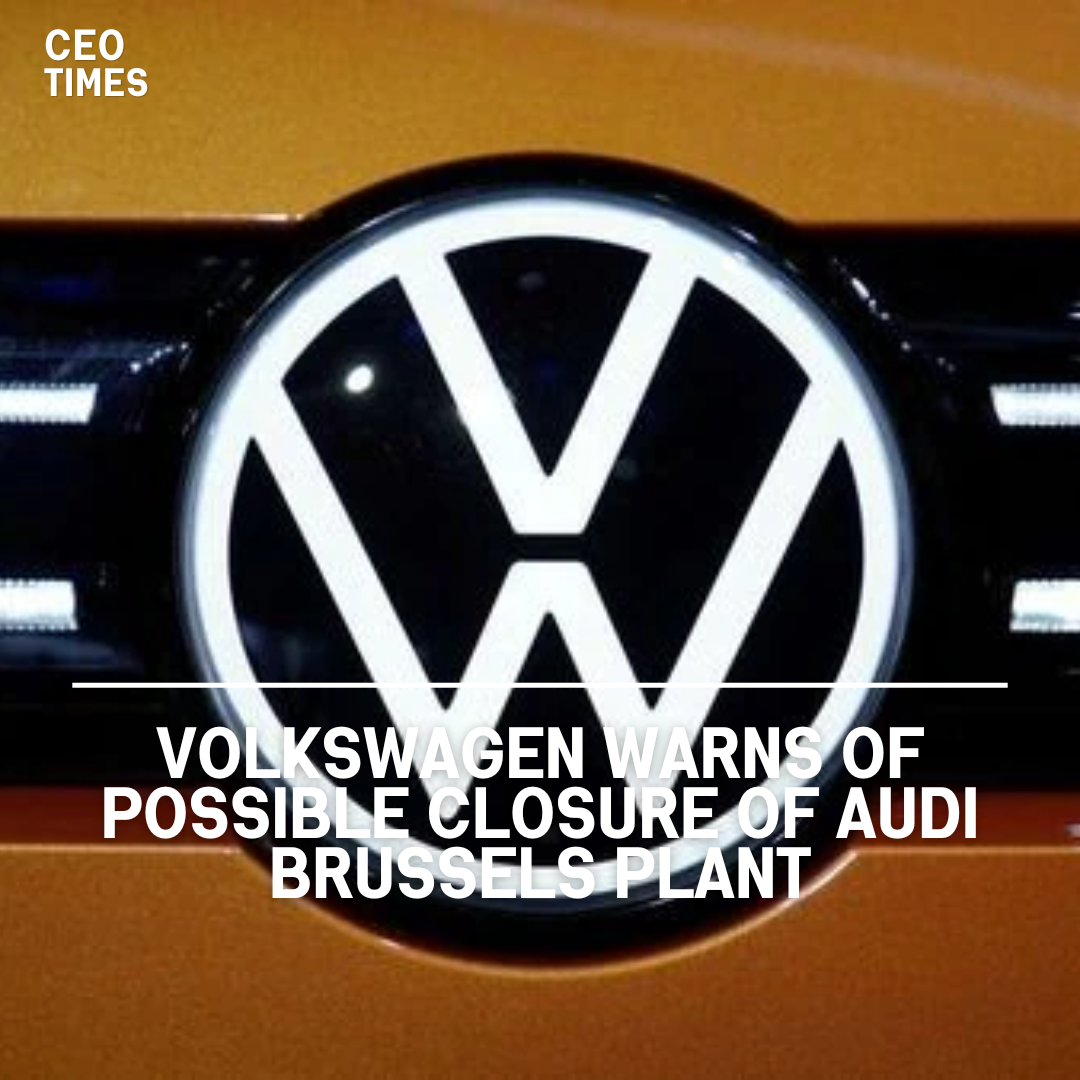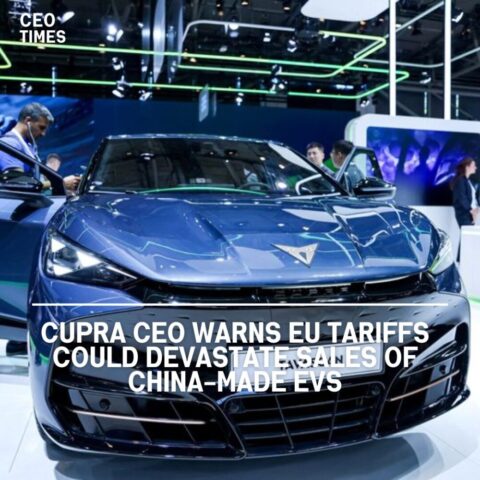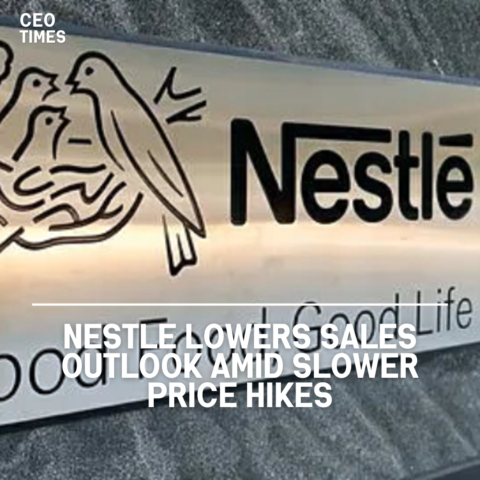Volkswagen issued a warning on Tuesday regarding the potential closure of Audi’s Brussels site, driven by a significant downturn in demand for high-end electric vehicles.
This decline has adversely affected Europe’s leading carmaker, prompting a revision of its margin target for the current year.
Historical Context and Industry Challenges:
Volkswagen has not closed a plant since shutting down the Westmoreland site in Pennsylvania back in 1988. Previous instances of closure threats by Volkswagen’s leadership in Europe have been followed by executive turnover, as noted by sources familiar with labor relations.
Automakers, including Audi, have faced substantial challenges due to lower-than-expected demand for electric vehicles (EVs) despite substantial investments in production capacity and technology development. Audi had earlier indicated a sales dip in 2024 as it focused on launching new models and implementing cost-cutting measures.
Financial and Operational Impact:
Volkswagen estimates potential costs of up to 2.6 billion euros ($2.8 billion) in the 2024 financial year related to finding alternative uses for or closing the Brussels plant, alongside other unplanned expenses.
Consequently, Volkswagen has revised its operating returns forecast to 6.5-7% from the previous 7-7.5%, prompting adjustments in earnings forecasts by its parent company, Porsche SE.
Following the announcement, Frankfurt-listed shares of Volkswagen and Porsche SE saw declines of 1.7% and 2.1%, respectively. Audi is considering discontinuing production of its Q8 e-tron, launched in 2018, due to sharply reduced demand.
Structural Challenges and Employee Concerns:
The Brussels site, which manufactured approximately 50,000 cars last year, faces longstanding structural issues such as logistical constraints and challenges in layout adjustments due to its urban proximity.
A consultation process will commence to explore alternative solutions for the plant’s future, potentially including closure if no viable alternatives are identified. The site currently employs around 3,000 people.
Other financial pressures on the Volkswagen Group include exchange rate losses linked to the deconsolidation of Volkswagen Bank Rus and the planned closure of MAN Energy Solutions’ gas turbine business.




















